22 March 2016, The Aloft Bangkok Sukhumvit 11 Hotel, Bangkok, Thailand
Presented by HDFF and The Asia Foundation
H.E. Dr. Kirill Barsky, Ambassador of the Russian Federation to the Kingdom of Thailand
ASEAN and Russia Relations
In his keynote speech, His Excellency introduced ASEAN as an important regional organization in the Asia-Pacific, as well as an ally to Russia. He stated that history has shown Russia‘s long-lasting friendship with the majority of the ASEAN countries, and the absence of conflicts between the two regions. Russia and ASEAN have had a dialogue partnership since 1996 and still host a Summit every five years. Russia also continues cooperate with ASEAN countries in developing security, agriculture, technology and disaster management. His Excellency mentioned that Russia is the part of Asia-Pacific Region, and thus should play part in facilitating growth of ASEAN.
In terms of economic, he emphasized that Russia‘s current economic policy moves toward the East, for which ASEAN is the main focus. On January 1, 2015, the President of Russia, Vladimir Putin proposed the establishment of the Eurasian Economic Union, to strengthen the economic arena within the region. Russia aims to build an economic partnership with ASEAN and Shanghai Cooperation Organization by using EAEU as a platform. It has signed a Free Trade Agreement (FTA) with Vietnam and Singapore, and is now approaching Thailand with the same proposal. Russia and ASEAN have also collaborated in fostering cultural exchange and education. The two regions will hold the commemorative summit in Sochi, 19-20 May, 2016.
Dr. Rizal Abdul Kadir
The South China Sea and ASEAN-CHINA relations: Opportunities and Challenges
The focal point of Dr. Kadir’s presentation concerned ASEAN – China relations. He suggested that ASEAN and China should gain more mutual trust to create regional peace and stability. Dr. Kadir also showed how China and ASEAN had worked together on the South China Sea issue from August 2015 to February 2016. On his final point regarding the South China Sea issue, he discussed the opportunities to reduce and negate the tension between ASEAN and China. He quoted the speech of Premier Li Keqiang at East Asia Summit 2015 to substantiate that China will continue to resolve the problem of South China Sea by diplomatic and peaceful means.
Lastly, Dr. Kadir proposed some of the integral steps for a way forward. The first step revolves around ASEAN Centrality, how it should build a strong, sustained and effective leadership on the issues that affect its relationships. The second step is to revive and intensify the 1992 ASEAN declaration on South China Sea. The third step is to translate the Treaty of Amity and Cooperation in Southeast Asia into concrete measure.
Dr. Vijay Sakhuja
ASEAN and India Relations
Dr. Sakhuja started his presentation by pointing out the geographic advantage that India and ASEAN share. He explained that as India and Myanmar have a common border, it is obvious India and ASEAN have long since had a close relationship. History, he said, shows that the two regions have been in connection with each other.
In 21st century, there have been broad changes in political, economic, and security structures in Asia, and India and ASEAN are now participating in the regional and global security architecture.
India now places ASEAN at the core act of the “Look East Policy”, as the Indian Prime Minister has given renewed focus on the country’s engagement with ASEAN. 2017 will mark the the 25th year of ASEAN – India dialogue relations. India is now involved in all FTAs such as, AEC, RCEP and TPP with the ASEAN + 6 countries. As for the security dynamic between India and ASEAN, there is now an India – ASEAN Defense Cooperation. In terms of the regional security cooperation, Dr. Sakhuja emphasized that the South China Sea is also important to India. The challenge, he said, is that since ASEAN now acknowledges the rising profile of China and India, it has to make the decision to choose both or either.
ASEAN is an international player, said Mr. Ebadi. He explained that now is the most suitable time to connect with Iran, because the country is opening its doors to foreign investors after the nuclear deal agreement has been established. Mr. Ebadi drew on the example of Iran’s improved relationships with the P5+1 countries, which arose as a result of the termination of the nuclear sanction. He said that due to Iran’s geographic position, it would be a gateway to fostering a prosperous trade route between ASEAN and Central Asia.
Mr. Ebad Ebadi
ASEAN and Iran Relations
Mr. Ebadi spoke on the subject of how ASEAN may benefit from fostering an economic tie with Iran. He suggested that both should take advantage of the post nuclear-sanction era to improve their dealings. He proposed that ASEAN will benefit from this endeavor in two major ways, namely: security and economic.
ASEAN is an international player, said Mr. Ebadi. He explained that now is the most suitable time to connect with Iran, because the country is opening its doors to foreign investors after the nuclear deal agreement has been established. Mr. Ebadi drew on the example of Iran’s improved relationships with the P5+1 countries, which arose as a result of the termination of the nuclear sanction. He said that due to Iran’s geographic position, it would be a gateway to fostering a prosperous trade route between ASEAN and Central Asia.
Currently, ASEAN’s import and export rates to Iran are comparatively low. Mr. Ebadi urged that this ought to be changed, as Iran is the most populous country around the Persian Gulf, and it also has other economic advantages, such as having a young and educated workforce. He advised that an example of ASEAN’s regional trade relation with Iran could be for Thailand to invest in building hotels and establishing a market for tourism in Iran.
However, some challenges stand in the way of ASEAN-Iran union. The suppression of Muslims in some ASEAN countries such as Myanmar would prove to be a hurdle in the attempt to foster a civil trade relation between the countries, as would the laws for and regulations for mutual investment. What might also hinder the success of the tourism industry, is the visa restrictions for Iranians.
In order for ASEAN to take part in strengthening the security union in the Middle East and around the Persian Gulf, Mr. Ebadi reasoned that an easy solution would be for the two regions to become trading partners. He stated that, by trading, the ASEAN and Iran would garner trust for each other, and thereby bond through compromising, which would lead to a lower risk in conflicts and ensure better security.
Questions & Answers
Q: Could you please explain more about the outcome of ASEAN-Russia Summit at Sochi?
A: It remains in the process. We still negotiate with ASEAN partners. We are not planning to do anything extraordinary. We already know our potential to fulfill our interest. We didn’t see the relationship with ASEAN as Donor – Recipient. We see it as equal relation. We can rely on economic trade with Singapore, Malaysia, Thailand, Indonesia and Vietnam.
Q: How does Moscow look at the development in South China Sea?
A: I will give the example of the case of South China Sea. Actually, Russia is not part of the conflict but we believed that all problems should be resolve in peaceful and diplomatic means. This conflict should not be internationalized. We urge all part of this conflict to response to this conflict and urge them to work hard to find the solution. China and Russia had a border dispute. China and Russia lack of mutual trust for several decades but after we can gain trust, we launched negotiation at border issue. Now the border between China and Russia has become the most peaceful and secure border in this world. Nothing is impossible in this world. Let’s try and see. I believe that we can solve this conflict by peaceful means.”
Q: Does Iran have any incentive programs to attract investment in the private sectors?
A: In Iran, foreign investors pay more attention to the private sectors than public ones. The government tries to attract these investors, but they fall short of garnering their trust. This means that it needs to move away from a centralized economy. However, this is not to say that Iran lacks international incentive programs; for example, it has an established cement trade with Africa.
Policy Recommendations
This strategic forum explored the relationships between ASEAN and its foreign relations as presented by events’ panelists. Based on their opinions and the audience’s input to the discussion, the following recommendations can be made:
– Establish a free trade agreement between ASEAN and Iran
– Modify visa regulations between ASEAN countries and Iran to facilitate trade.
– ASEAN should gain mutual trust and support with China to solve the problem of South China Sea dispute in a diplomatic and peaceful way.
– ASEAN should pay more attention to the new rising power e.g. Russia, India, and Iran to cooperate in the security, economic and socio-cultural aspects.

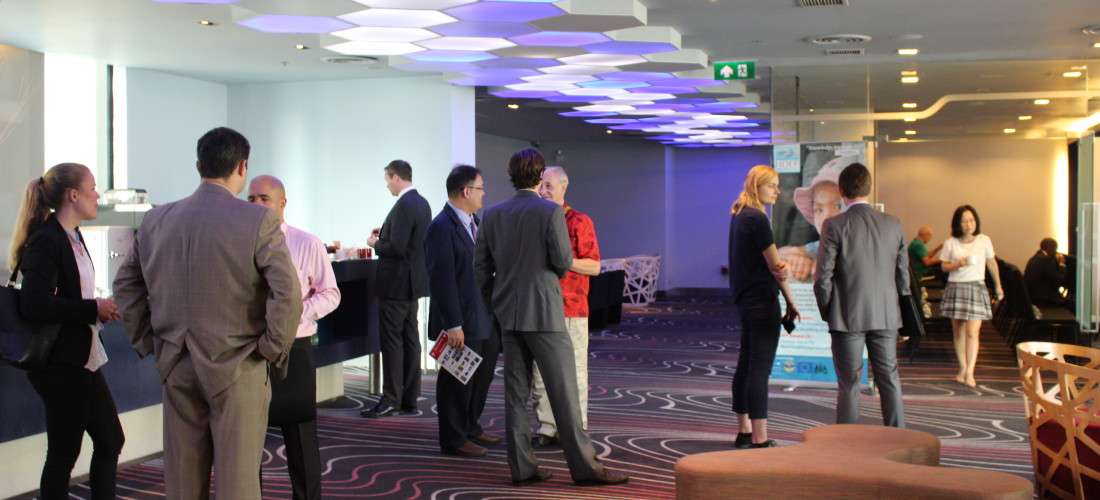
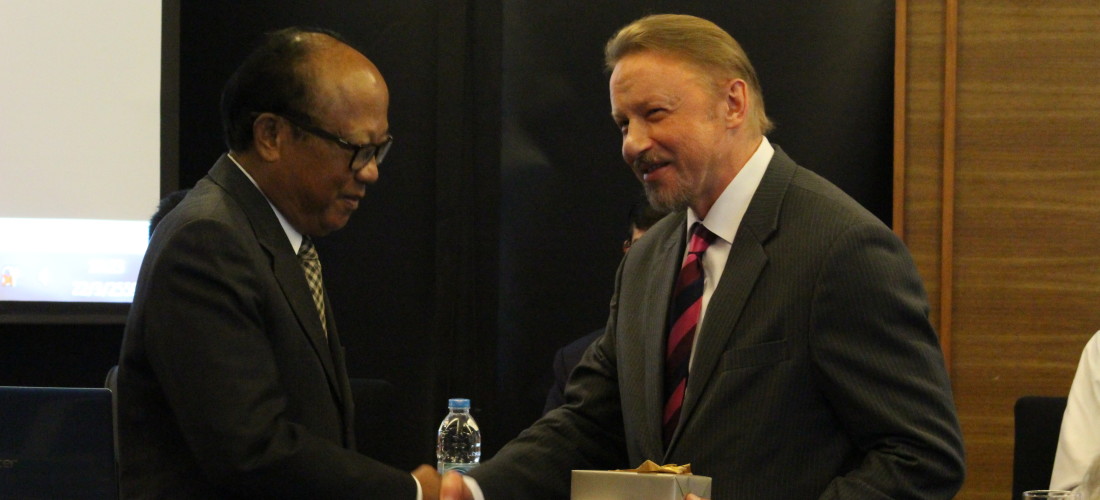
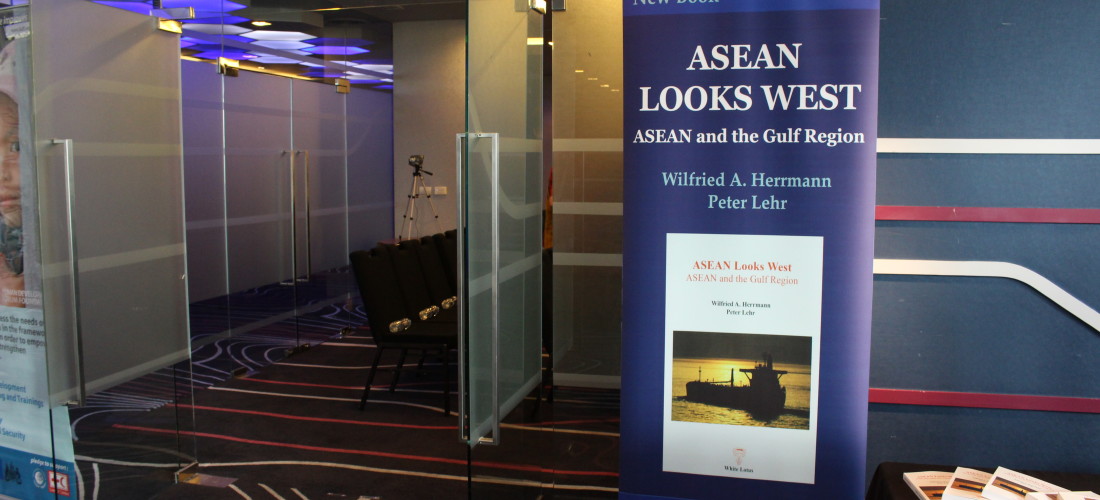
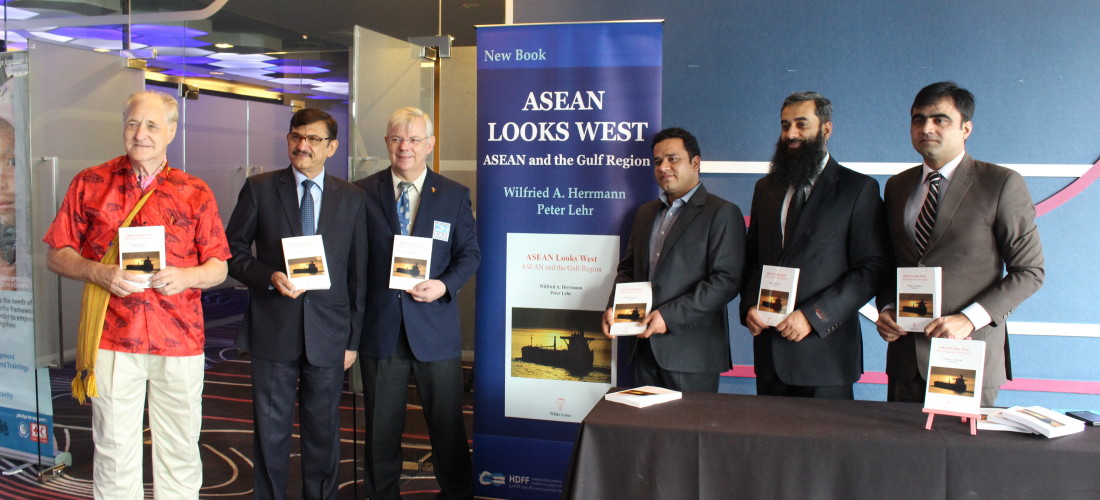
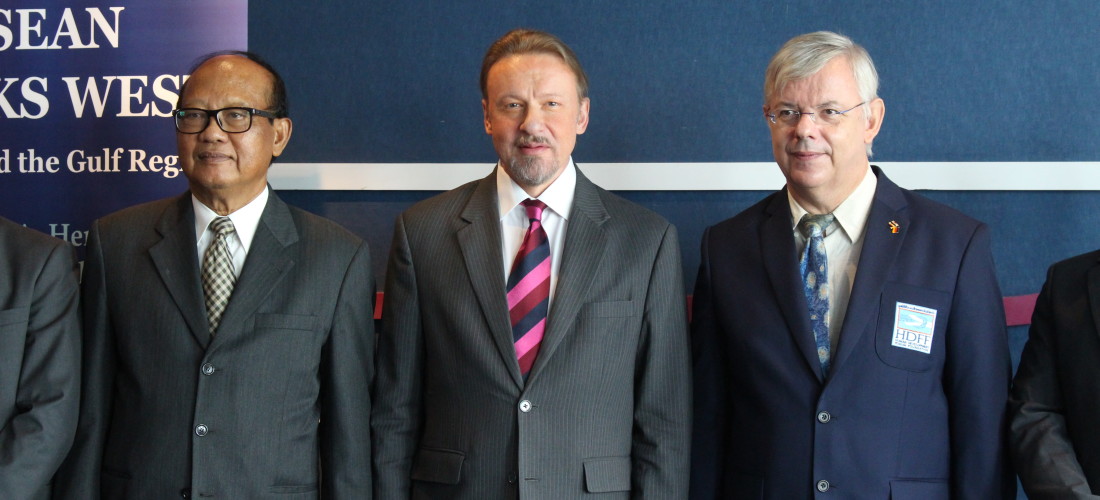
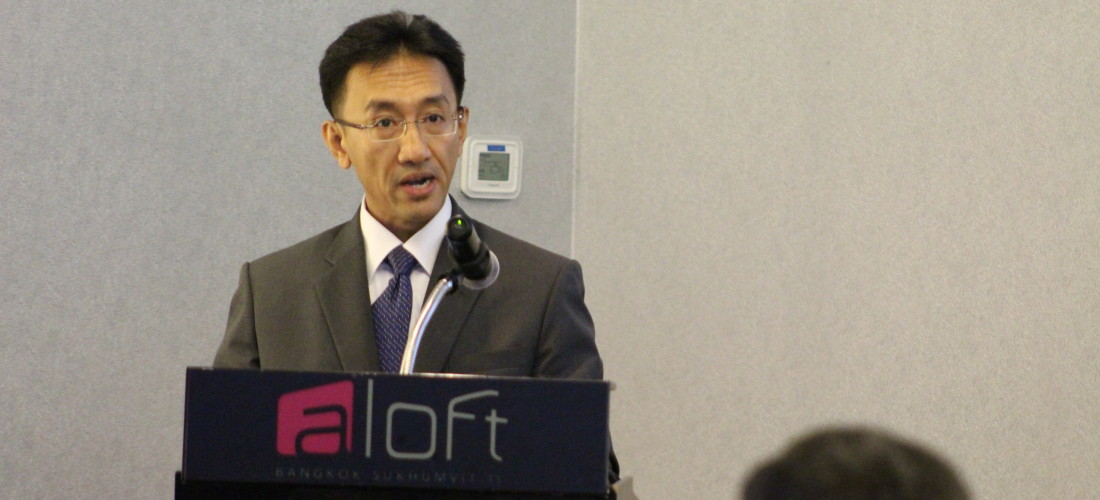
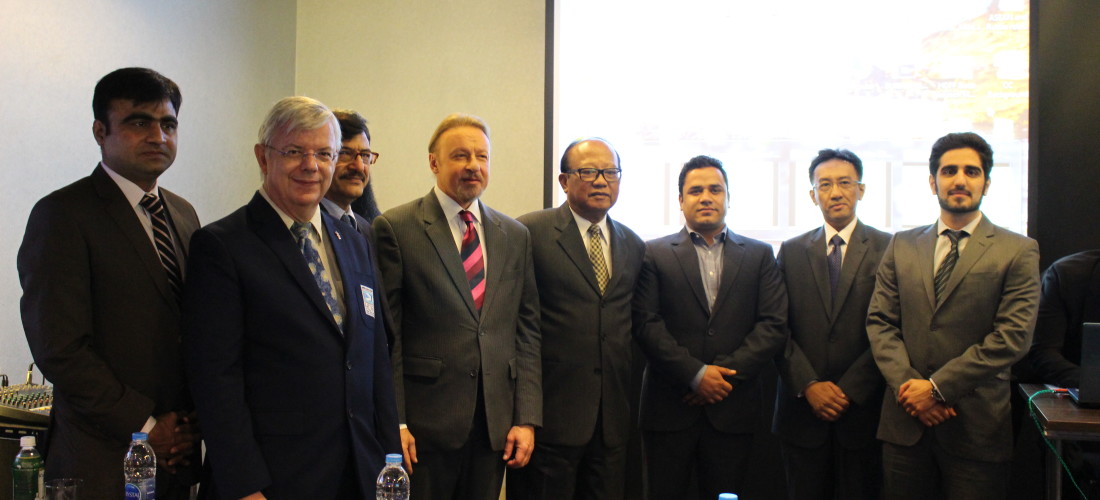
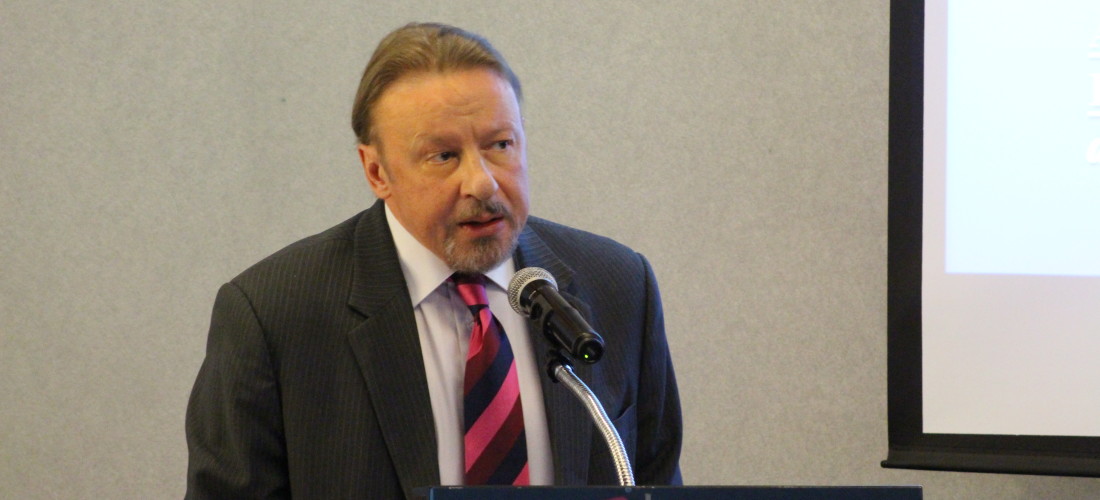
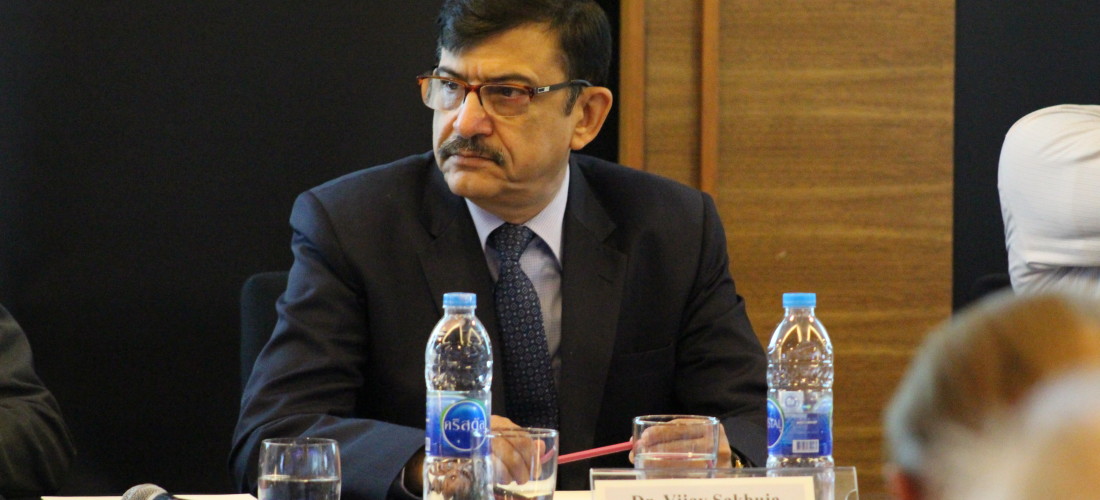
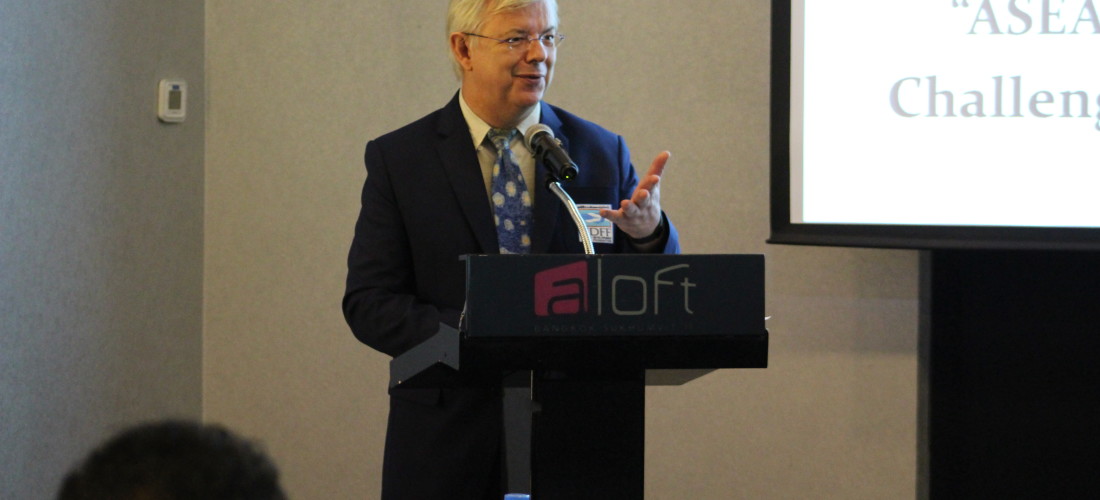
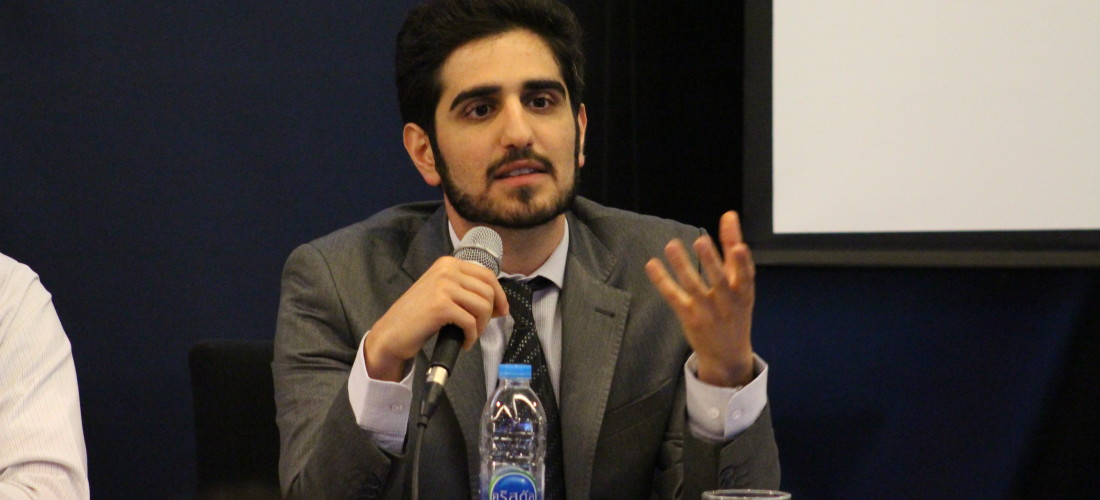
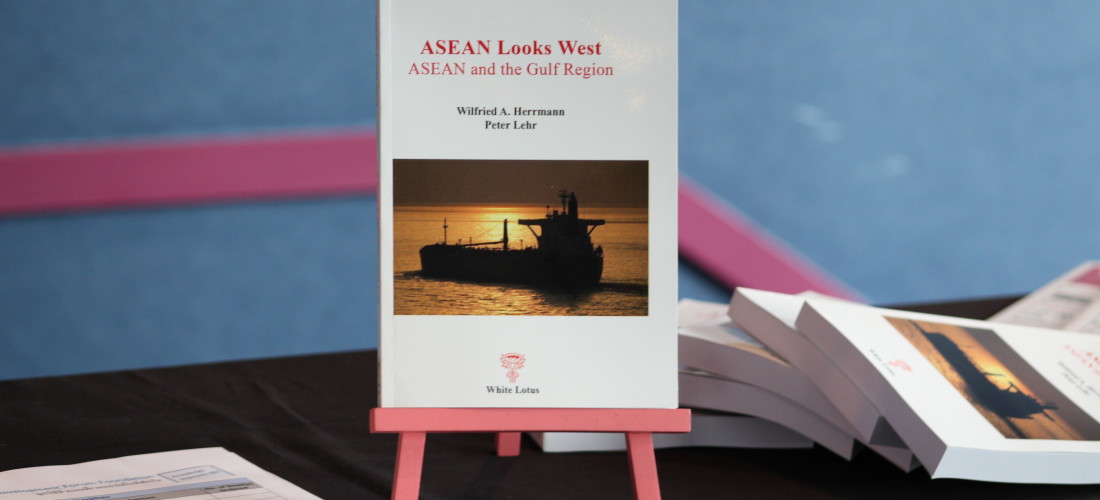
Comments are closed